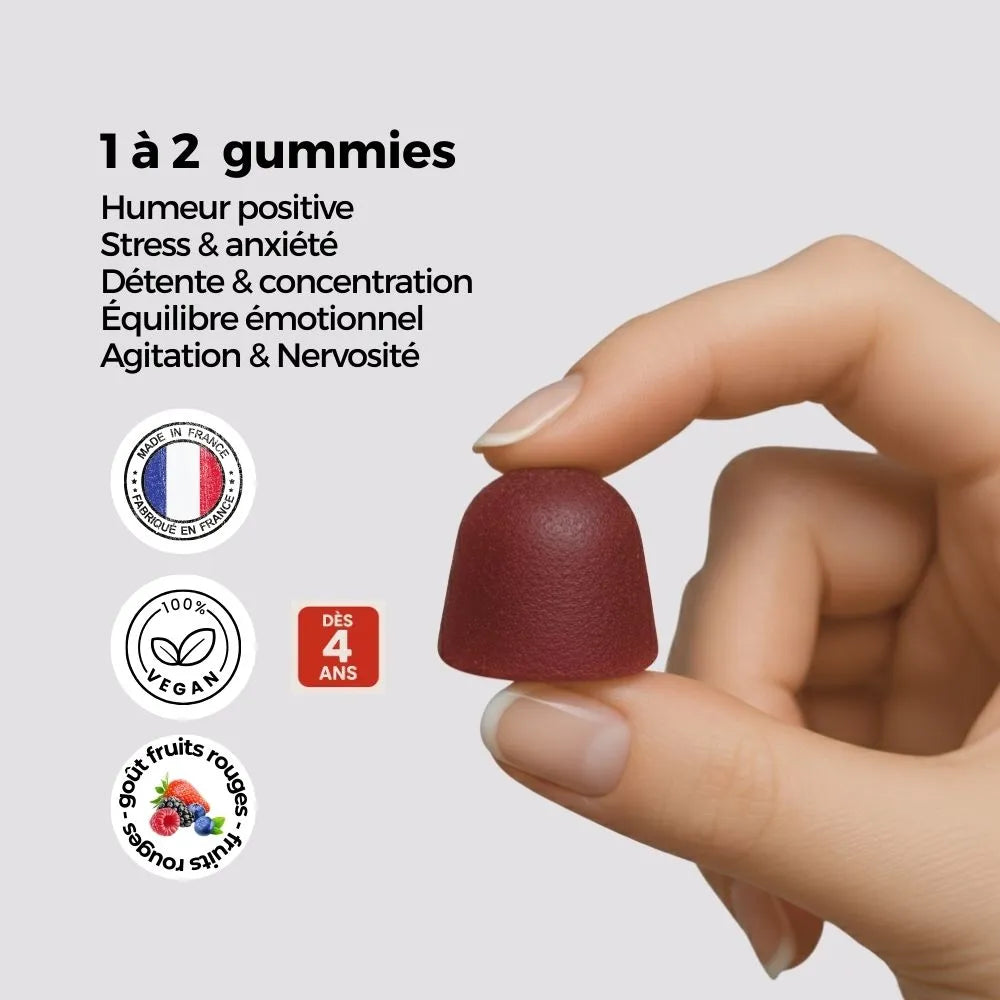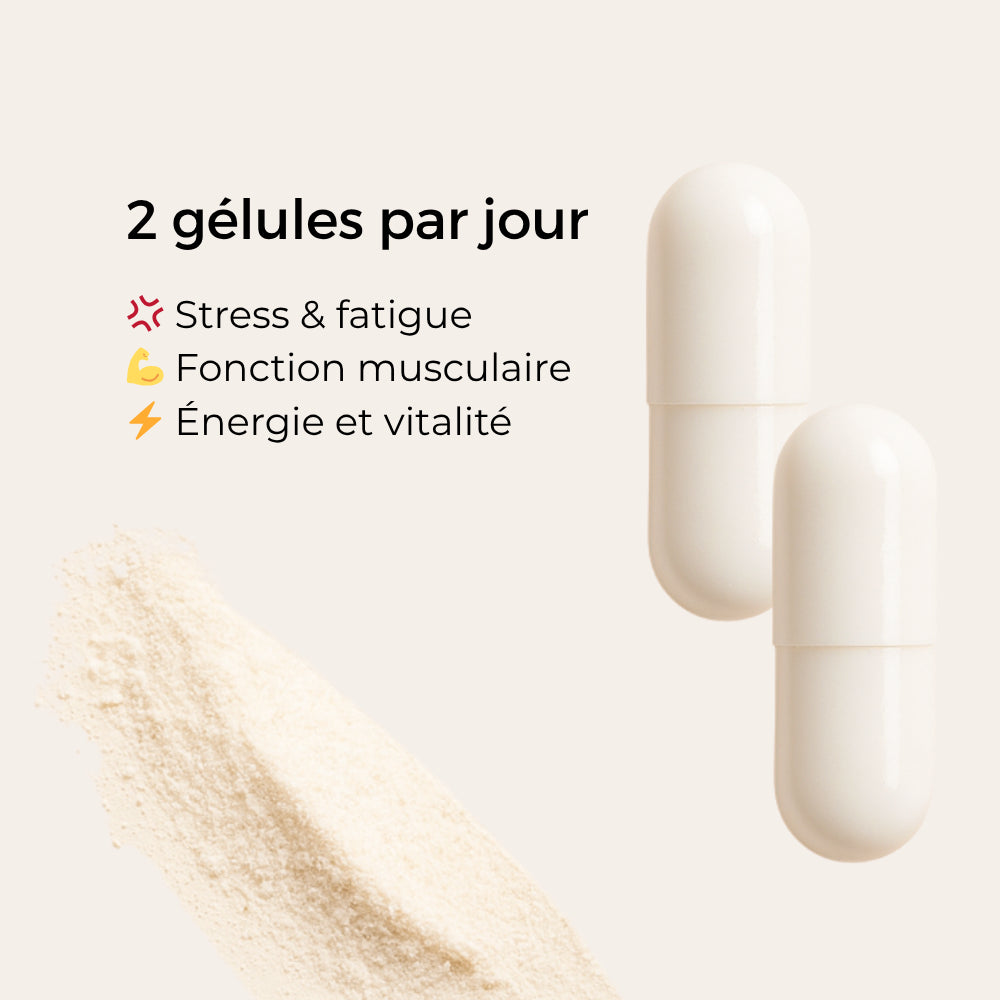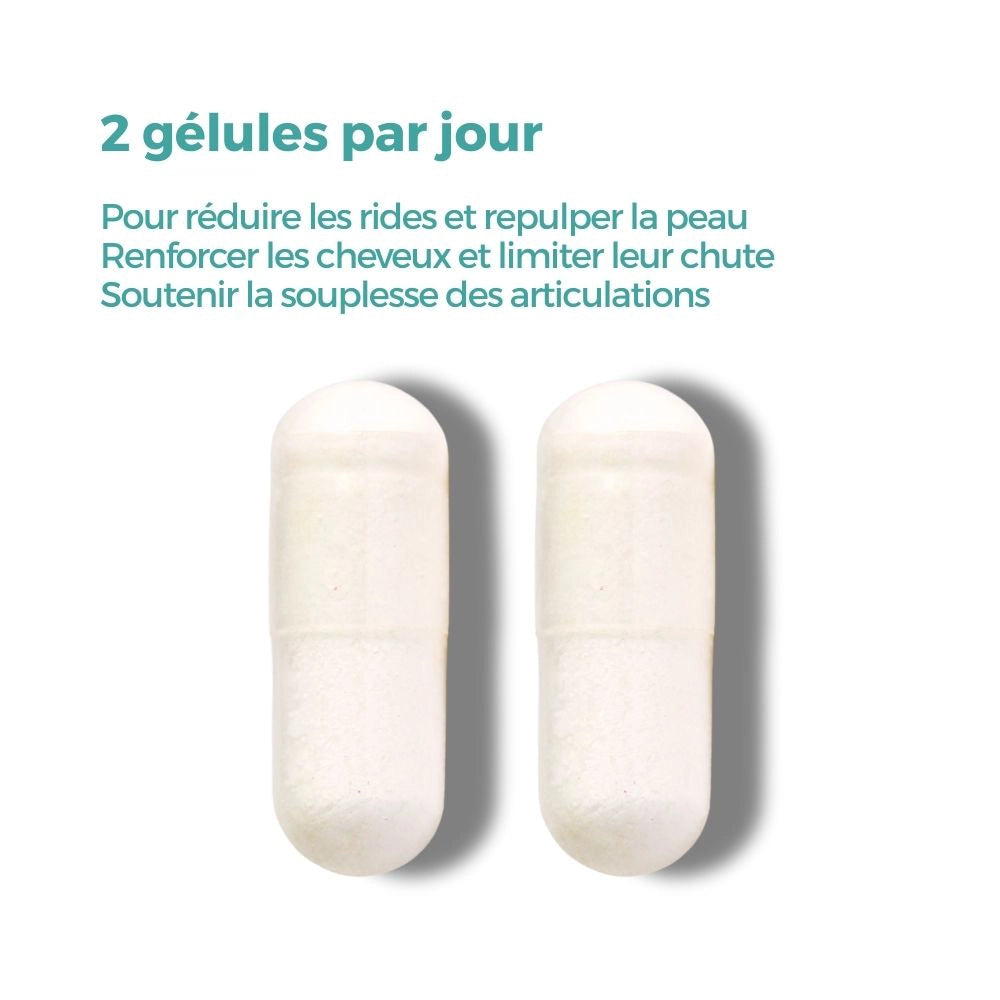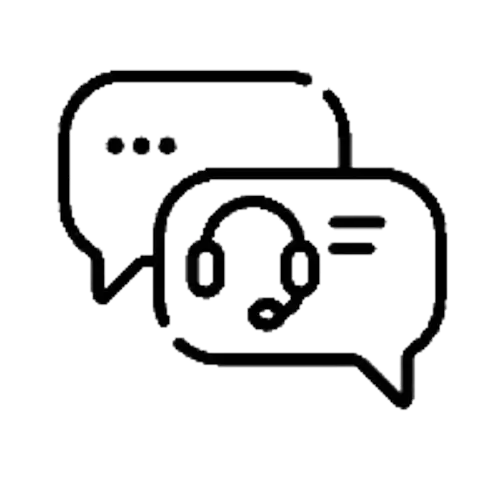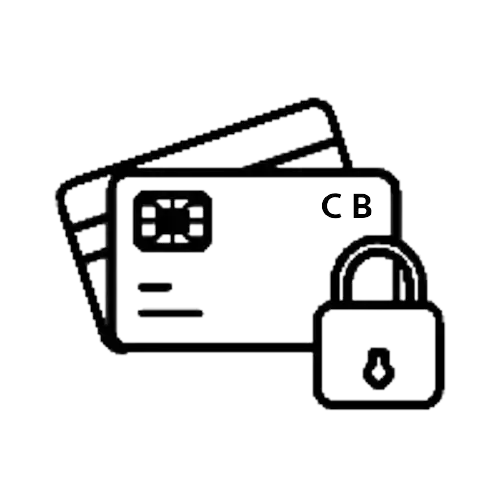
The Power of Breathing: Exercises to Instantly Reduce Stress
Breathing is more than just a biological reflex. In fact, it’s a powerful tool for restoring inner balance, reducing stress, and improving our overall well-being. We breathe about 20,000 times each day, often without paying any attention to it. However, when we become aware of our breath and use it intentionally, it becomes a powerful ally in combating anxiety and improving our quality of life. In this article, we’ll explore the power of breathing and present simple and effective exercises to instantly reduce stress .
Why is Breathing so Powerful?
Breathing is at the heart of our autonomic nervous system, which regulates essential bodily functions such as heart rate and digestion. During times of stress, our bodies switch to “fight or flight” mode (an acute stress response). This response releases hormones such as adrenaline and cortisol, increasing heart rate, blood pressure, and muscle tension.
When we practice targeted breathing exercises, we stimulate the parasympathetic nervous system, which acts as a brake on this stress response. Our heart rate drops, our blood pressure decreases, and a sense of calm gradually sets in. Best of all, these exercises are accessible to everyone, require no special equipment, and can be done virtually anywhere, making them ideal for reducing stress instantly .

The General Benefits of Conscious Breathing
-
Reduction of anxiety and stress
By allowing a return to calm, conscious breathing helps to quickly lower adrenaline levels and reduce the feeling of oppression linked to stress. -
Improved concentration
By focusing on your breath, you prevent your mind from wandering. This promotes mental clarity and productivity in everyday life. -
Strengthening emotional balance
Regular and deep breathing positively influences moods and allows better management of emotions, particularly in times of crisis or overwork. -
Better quality sleep
Breathing exercises practiced before bed can help calm the mind and make it easier to fall asleep. -
Reduction of muscle tension
Regular breathing helps release tension accumulated in the body, particularly in the shoulders, neck and back.

3 Breathing Exercises to Instantly Reduce Stress
1. Diaphragmatic Breathing (Abdominal Breathing)
How to proceed?
- Make yourself comfortable, sitting or lying down, with your back straight.
- Place one hand on your stomach and the other on your chest.
- Inhale slowly through your nose, inflating your stomach like a balloon (your hand on your stomach should lift).
- Exhale gently through your mouth, pulling your stomach in, as if you wanted to stick your navel to your spine.
- Repeat this cycle for 5 to 10 minutes, making sure to keep a calm and steady pace.
Why does it work?
By activating the diaphragm, this exercise stimulates the vagus nerve, one of the main regulators of the parasympathetic nervous system. Result: a rapid drop in heart rate and almost immediate general relaxation.
2. Box Breathing
Also called “ box breathing ,” box breathing is widely used by high-level athletes and special forces to manage pressure and stay focused .
How to proceed?
- Sit comfortably with your back straight and your feet firmly planted on the floor.
- Inhale through your nose for a count of 4.
- Hold your breath for a count of 4.
- Exhale through your mouth for a count of 4.
- Hold your lungs empty for a final 4 second hold.
- Repeat the cycle for 1 to 2 minutes.
Why does it work?
Counting and pausing regularly helps to focus your attention on the present moment. This technique limits the distraction of the mind and helps to significantly reduce nervous tension.

3. Alternate Nostril Breathing (Nadi Shodhana)
Originating from the yogic tradition , alternate nostril breathing promotes balance and clarity of mind . It helps realign energy in the body and instantly calm the mind.
How to proceed?
- Sit cross-legged or on a chair with your back straight.
- With your right hand, place your thumb on your right nostril and your ring finger on your left nostril.
- Block the right nostril with your thumb and inhale slowly through the left nostril.
- Block the left nostril with the ring finger, release the right nostril and exhale through the right nostril.
- Now inhale through your right nostril, then block it with your thumb.
- Exhale through the left nostril.
- Repeat this sequence for 2 to 5 minutes.
Why does it work?
By alternating nostrils, you regulate the supply of oxygen to each hemisphere of the brain. This practice balances the sympathetic and parasympathetic nervous systems, acting as a true “resetter” for the mind and body.

Practical Tips to Optimize Your Breathing Sessions
- Choose a quiet place : Although these exercises can be done almost anywhere, finding a quiet space will make it easier to focus.
- Make yourself comfortable : A sitting position with your back straight and your feet on the floor is ideal. You can also lie down, as long as you keep your spine neutral.
- Breathe through your nose : Breathing in through your nose warms, filters and humidifies the air, which protects your airways.
- Be patient : Conscious breathing can take time to master. Regular practice is the key to experiencing deep and lasting benefits.
- Listen to your body : If you feel dizzy or uncomfortable, return to natural breathing. It is important to never force it.
When to Practice Conscious Breathing?
- Morning : A few minutes of deep breathing upon waking helps start the day with clarity and energy.
- At work : Take a breathing break when pressure is on or before an important meeting to instantly reduce stress .
- Before bed : Incorporating a breathing exercise into your evening routine helps ease the transition to sleep.
- In a crisis : When you feel overwhelmed by emotion, a minute or two of controlled breathing can be enough to regain your calm.
To conclude
The power of breathing is often underestimated, yet it is a free, always-available resource that is particularly effective in instantly reducing stress . By taking a few moments each day to practice diaphragmatic breathing, box breathing, or alternate nostril breathing, you will quickly notice positive changes in your level of calm and well-being. Not only do these exercises reduce anxiety and muscle tension, they also help improve mental clarity, focus, and sleep quality.
Give yourself the gift of better emotional and mental health with simple, yet powerful breathing techniques. Your body and mind will be infinitely grateful. Starting today, take a few minutes to breathe consciously, and let this precious tool guide you to a state of serenity and balance. Breathing techniques can be supplemented with herbal food supplements, CBD in the form of CBD oil or gummies is now commonly consumed to relax and benefits from excellent feedback from consumers.
















